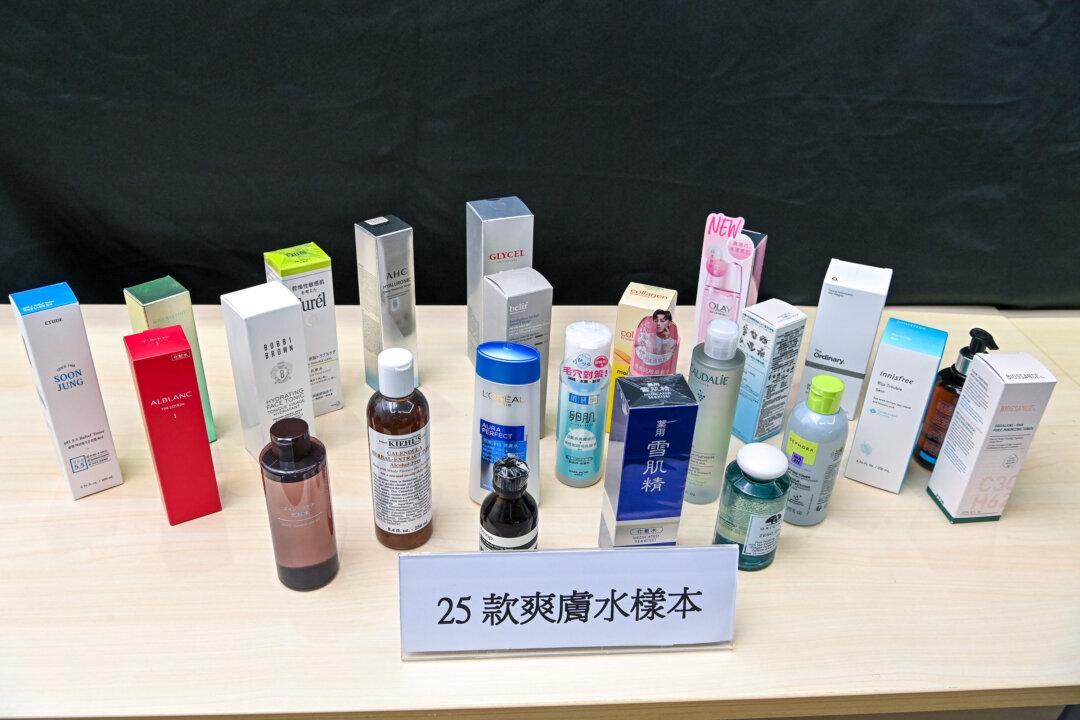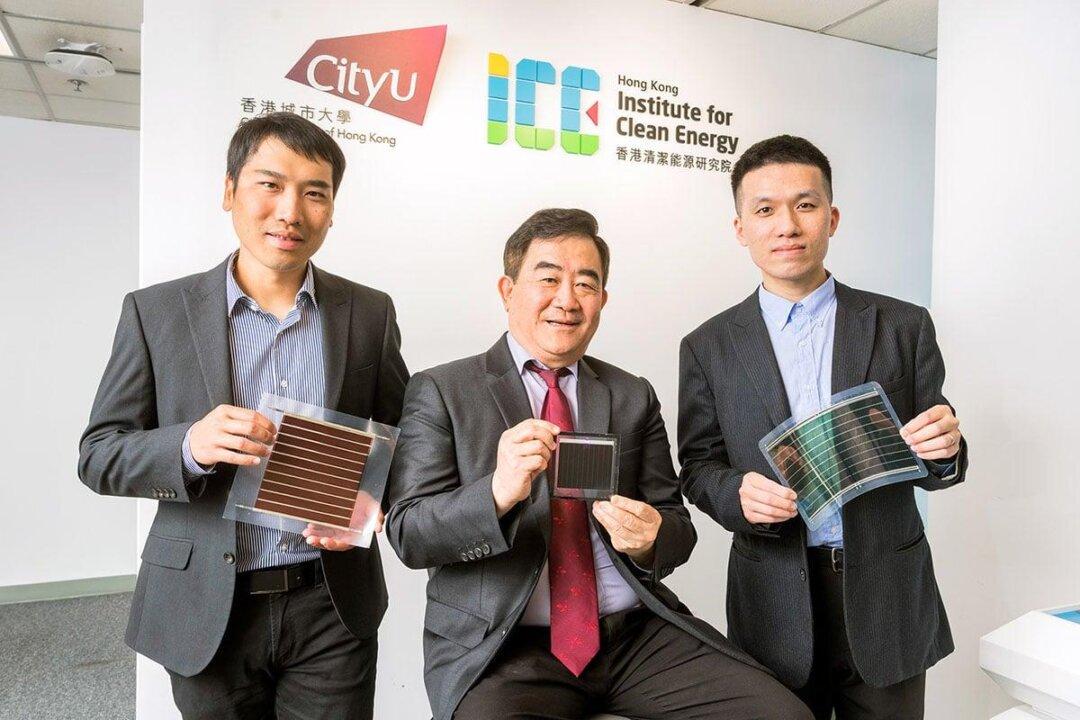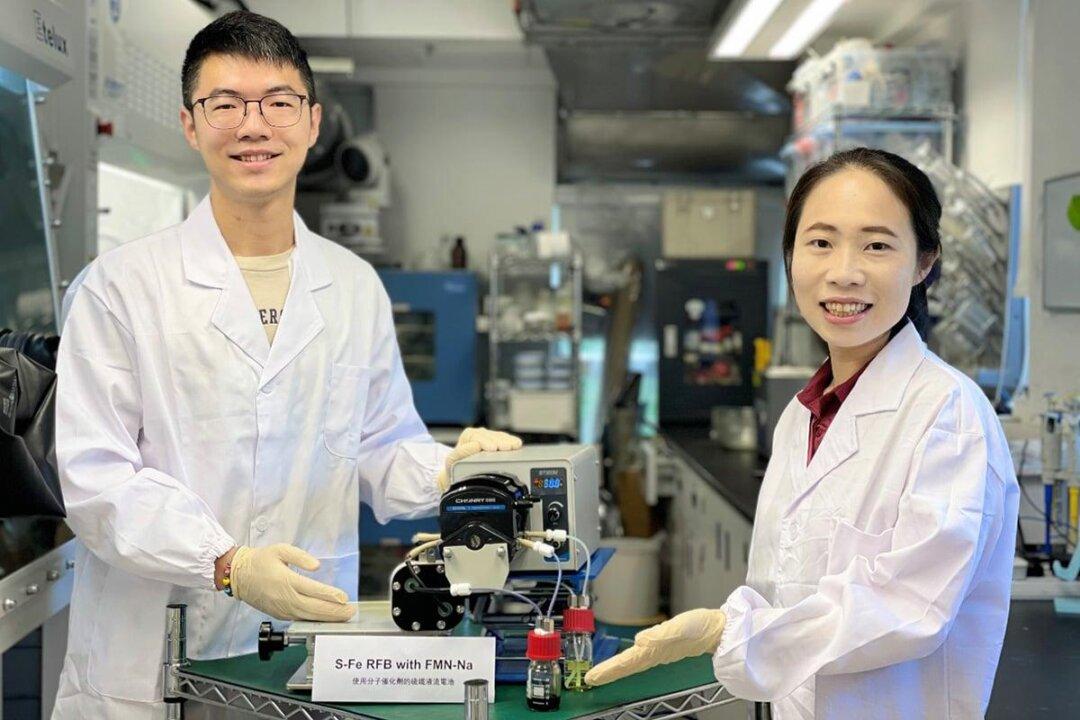Many women like to use a toner to minimize their pores after cleansing. A recent test conducted by the Hong Kong Consumer Council on 25 toner products revealed that nine contained one to four types of allergenic fragrances, with levels exceeding the limits set by the EU Cosmetic Directive. Ten samples contained alcohol, three with concentrations higher than 10 percent.
The Council warns that fragrance allergens could lead to skin redness and swelling. At the same time, products containing high concentrations of alcohol may accelerate the loss of moisture on the skin’s surface and dissolve protective oils on the skin.




